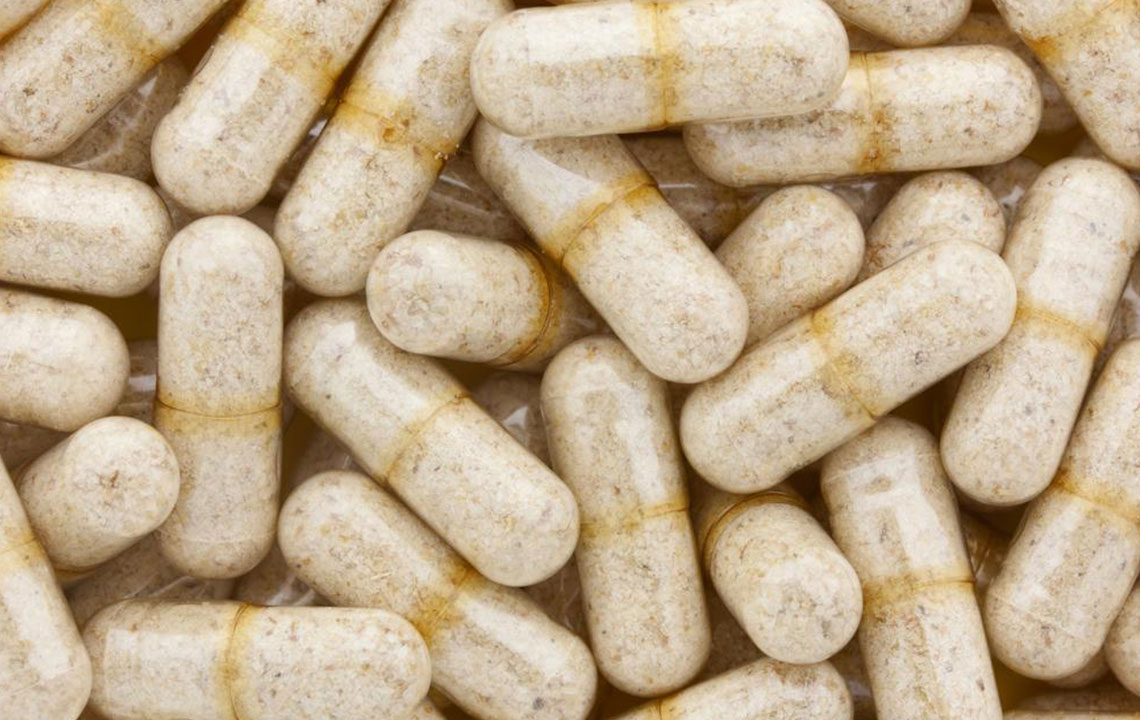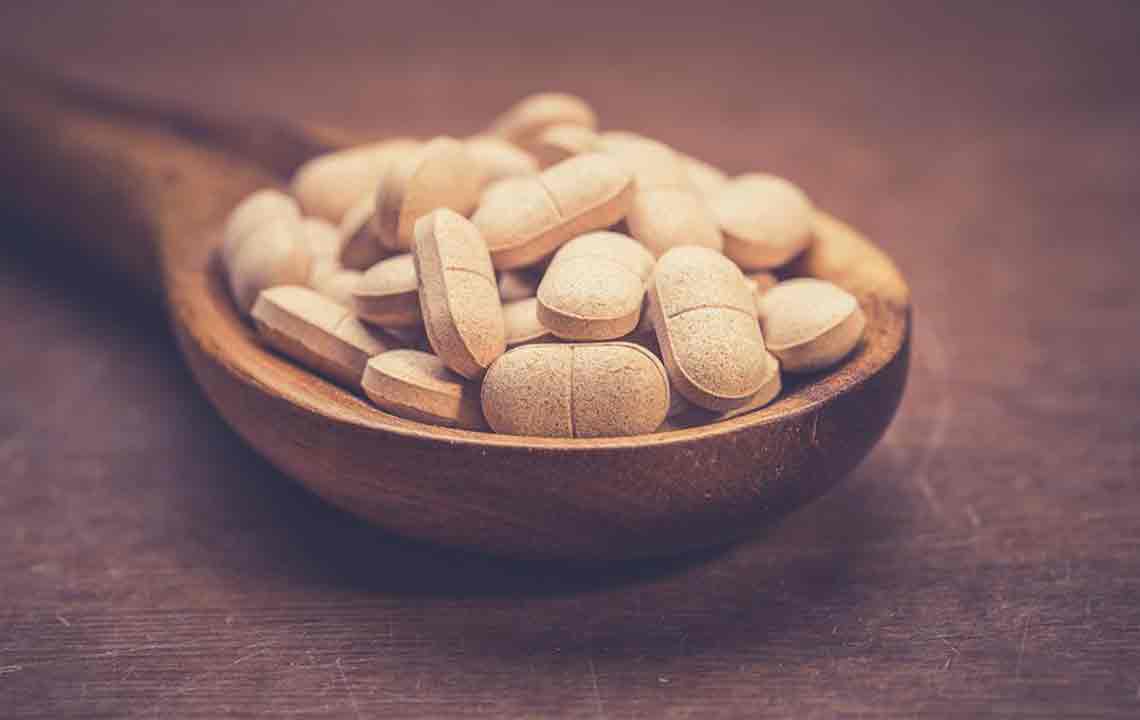Top Fiber Supplements to Address Nutritional Gaps
Discover the best fiber supplements to meet your nutritional needs. This guide explains soluble and insoluble fibers, highlighting top options like inulin, wheat dextrin, psyllium, methylcellulose, and calcium polycarbophil. Learn how each can support weight management, digestive health, and overall wellness. Consult healthcare providers for personalized advice and ensure quality when choosing supplements for effective results and better health management.
Sponsored

In today’s busy world, many overlook the importance of maintaining a nutritious diet. Irregular schedules, unhealthy snack choices, and disrupted sleep patterns can lead to various health concerns. With increased reliance on fast and processed foods, people often miss out on essential fiber. Experts recommend daily fiber intake of at least 30 grams for men and 25 grams for women, but surveys show many consume only half that amount. To bridge this gap, exploring the best fiber supplements can be highly beneficial.
Fiber supplements are available in two primary forms: soluble and insoluble. Soluble fiber dissolves completely in water and is easy to digest, while insoluble fiber remains intact in water and aids in bowel regulation. Knowing which type suits your needs is essential when choosing a supplement. Whether you’re aiming to improve gut health, manage weight, or alleviate digestive issues, selecting the right fiber supplement can make a significant difference.
Here are some popular fiber supplements to consider:
Inulin – Derived from fruits and vegetables, inulin is a soluble fiber that supports weight management and gut bacteria health. It’s especially suitable for those who consume fewer fruits and vegetables. People with liver conditions or blood sugar irregularities may also benefit, but it’s not ideal for enhancing digestive tissue strength. Typically sourced from chicory root, it dissolves easily in water.
Wheat Dextrin – A fully soluble fiber made during wheat processing, wheat dextrin is effective for metabolism boosting. It’s suitable for individuals with metabolic concerns but not recommended for those with gluten intolerance or celiac disease.
Psyllium Husk – An insoluble fiber ideal for promoting regular bowel movements and overall digestive health, psyllium husk is derived from the seed and husk of the plant. It helps reduce IBS symptoms, lowers heart disease risk, and supports metabolic health. Be sure to choose the form—husk or seed—that aligns with your preferences.
Methylcellulose – For those sensitive to other fiber supplements, methylcellulose offers a non-fermentable, soluble option that doesn’t cause digestive discomfort. It aids in weight control and can be mixed with cold water for best results, although it doesn’t treat existing diarrhea or constipation.
Calcium Polycarbophil – Suitable for individuals intolerant to other fibers, this insoluble supplement acts as a fecal stabilizer and is used to treat diarrhea and constipation. Its water retention property helps in weight management and alleviates IBS-related abdominal pain.
Before choosing a fiber supplement, consulting a healthcare professional or dietitian is advisable. Ensure the product’s quality and follow recommended dosages for optimal results. Regular intake is key to achieving the health benefits fiber supplementation offers.






